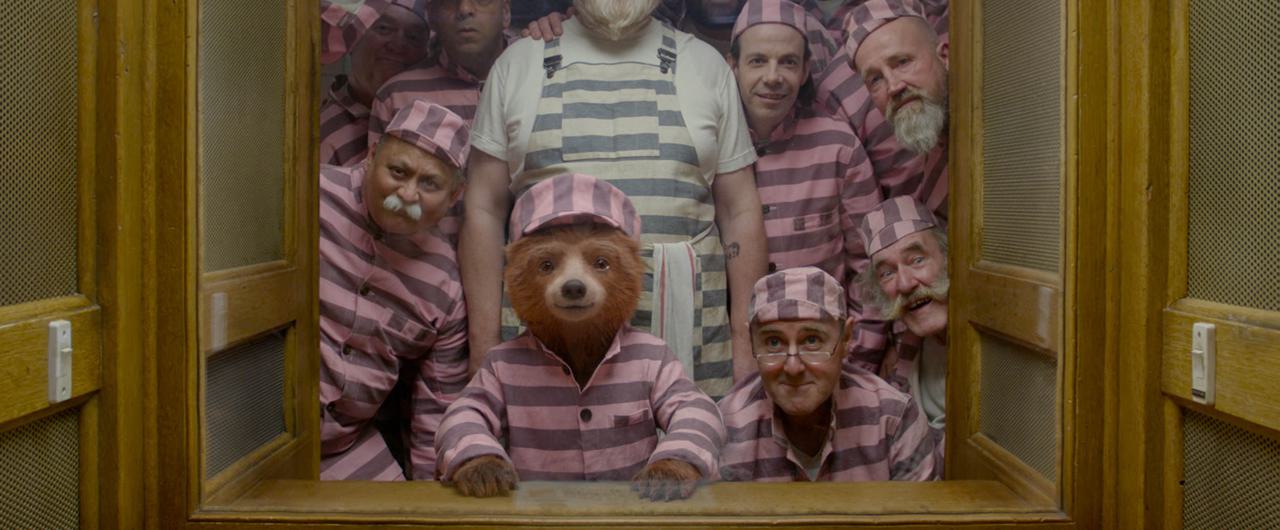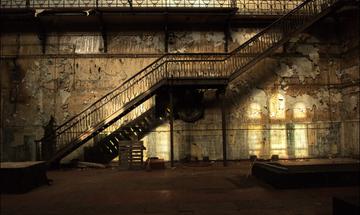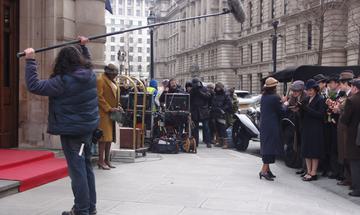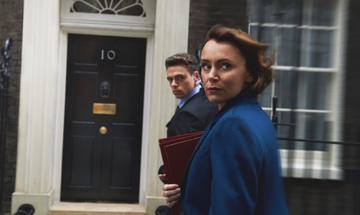
Make sure it's legal
Plan your shootThere are different rules surrounding shooting buildings, public places, objects, people, children and animals. But whatever or whoever you're filming, you need to make sure it is legal.
Filming Permission
Before you start filming, it is likely that you will need to get permission from the land or building owner. To find out more about permissions please visit our Get Permission pages
Filming People
There are several rights which apply to the use of a person’s image which filmmakers should consider, particularly when filming in the street within London or the UK. Read our guide to find out more about privacy, data protection, defamation, consent and practical tips for filmmakers.
Filming Buildings
There are various legal issues to consider when filming buildings in London and the UK. Read our guide to find out about trademarks and logos, defamation, passing off, light displays, iconic buildings, and practical tips for filmmakers shooting buildings.
Find out about Filming Buildings
Media Insurance
All UK productions need Public Liability Insurance in order to receive permission to film or carry out commercial photography, which should be obtained in the earliest stages of pre-production. Find out what you will need and check our list of insurance company contacts.
Find out about Media Insurance
Working with the Police
Under certain circumstance you will need to get in contact with the Metropolitan Police Service Film Unit (MPSFU). This is particularly important if you are filming with fake weapons, emergency vehicles or uniforms, recreating crimes or filming with vehicles. Visit our Working with the Police pages for more information
Child Performance Licences
If you are filming or working with children of compulsory school age it is important that you check whether the actor will require a Child Performance Licence.
Find out about Child Performance Licences.
Statutory Obligations
Read the Film London Code of Practice and check the relevant obligations closely to ensure that you operate within the law.
Download the Code of Practice for Location Filming
Minimum Wage Regulations
If you intend to employ crew, volunteers, unpaid workers or offer work experience opportunities, ensure that you are familiar with the National Minimum Wage regulations and National Living Wage rates.
Aerial Filming and Drones
There are various permissions and considerations in order to operate a drone for aerial filming in London.
Find out more about Aerial Filming
Filming for Social Media Platfoms
It is possible that filming permission may be required if you are filming for social media platforms. Things to consider are whether the content is being made for commercial purposes, will members of the public be featured, are you going to be causing an obstruction to the public highway.
Find out if you need permission for your shoot



